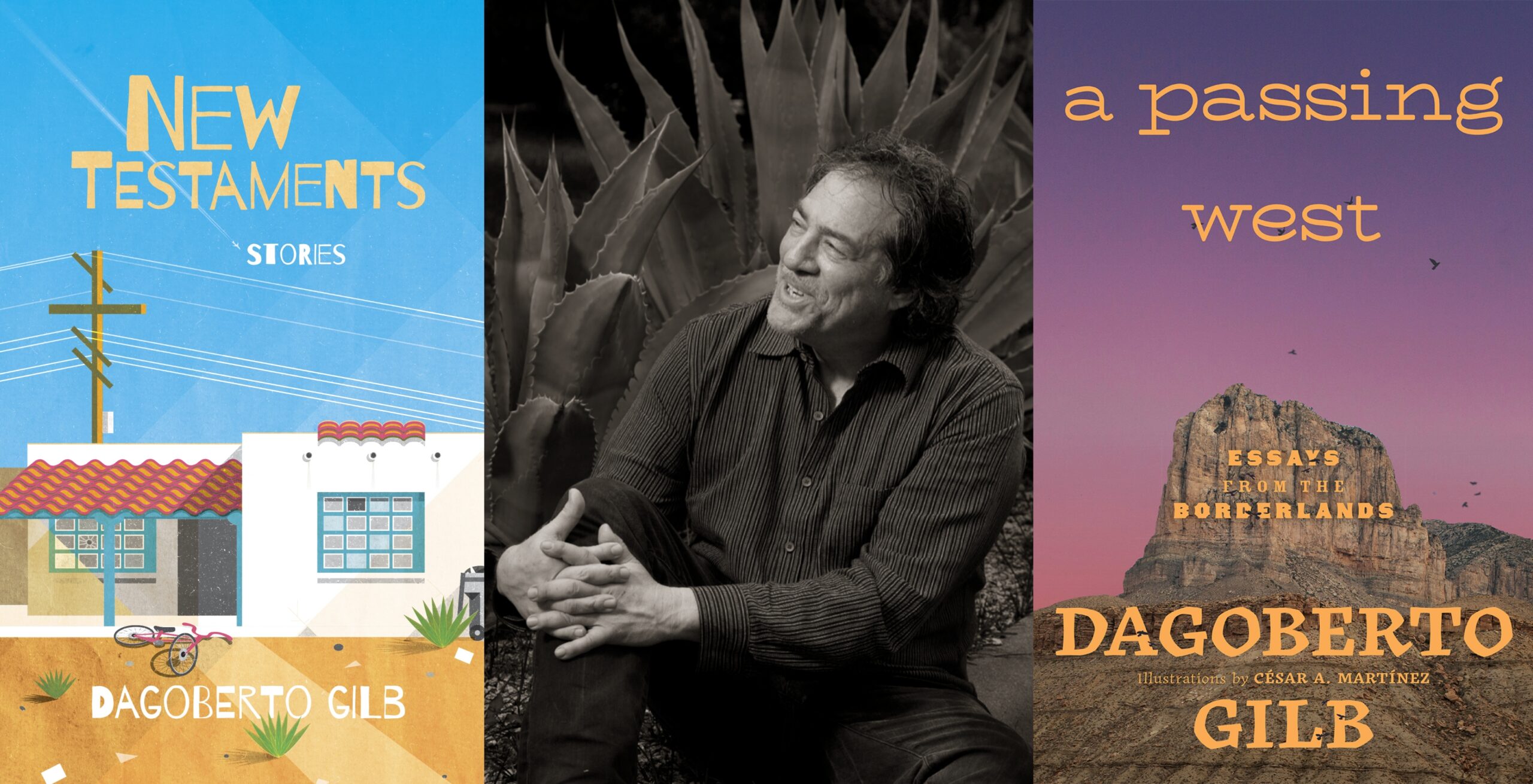Bernie Packs Folksiness But Little Depth
A version of this story ran in the April 2012 issue.
In the Hollywood imagination, Texas generally means West Texas. Writers and directors think about the state and see a vast, wide-open landscape that stretches to infinity, unchanging and stark, a place for lost souls and big dreamers and criminals unmoored from society. A land made for wide-angle lenses. Think of The Last Picture Show or Giant or No Country for Old Men. These are movies as much about the disorienting, alien nothingness of the landscape as they are about the people barely populating it.
There are exceptions, of course. Hud—perhaps the darkest Texas movie ever made—took place in the Panhandle, which makes the emptiness of West Texas seem welcoming by comparison. Office Space captured the cubicle sameness of Dallas. And Richard Linklater’s Slacker not only reflected the culture of Austin, it created the culture of Austin for millions of filmgoers who had never thought of setting foot in Texas.
Though it appears the days are long gone when Linklater was daring enough to stretch the aesthetic boundaries of moviemaking to capture the spirit of a place, the writer/director is still occasionally in the business of telling the stories of Texas. His new movie, Bernie (which screened during last month’s SXSW Film Festival, and which opens nationally this month), is Linklater’s love letter to the place where he grew up: East Texas, a mysterious, provincial land of small towns “behind the pine curtain” that have done a great job of staying out of Hollywood’s line of sight.
Bernie tells the true story of Bernie Tiede, a boisterous, well-loved assistant funeral director in the small town of Carthage who, in 1996, shot his elderly, decidedly not-well-loved benefactress, Marjorie Nugent, in the back four times with a rifle. To this day there are many in Carthage who refuse to believe a man as generous and good-natured as Tiede could have shot Nugent or anybody else, despite his confession. Then there are those who believe Nugent had it coming, no matter who pulled the trigger. Based on a Texas Monthly story written by Skip Hollandsworth (who co-wrote the script), Bernie is a light-as-air black comedy that aims to raise questions about good and evil, perception and reality, and justice and decency, but in the end is really just an opportunity for Linklater to celebrate the quirky world he grew up in.
The film is made up largely of “interviews” with actors playing citizens of Carthage, and the movie really belongs to them—to their accents, to their folksy witticisms and colorful turns of phrase, to their haircuts and their outfits and all the native idiosyncrasies that make East Texas East Texas. Like an anthropologist or a cultural linguist, Linklater is in love with the color of Carthage life and relies on it to give his movie the vitality it needs to convince the audience of a story he isn’t capable of telling.
Linklater’s Bernie Tiede, and his Carthaginians, are cartoons, collections of mannerisms—a lilting voice, a manicured moustache, a love of Broadway musicals—that hint at homosexuality while providing Linklater comic cover to avoid the more telling parts of the story.
Tiede’s tale cries out for a psychologist’s curiosity about the depths of human behavior, but Linklater has never been interested in controversy or darkness, and he believes too much in the decency of people to ask the right questions: Was Bernie gay? And if so, were his fascination and friendships with older women a way to survive in a town that was intolerant of homosexuals? Did he murder Marjorie Nugent because, at long last, he had come to the end of his considerable ability to lie to himself and to those around him? Or was he just a criminal and pathological liar who was capable of convincing an entire town of his inimitable goodness while all along taking advantage of a rich old woman and plotting her murder?
Some of the people of Carthage, many of whom knew Bernie Tiede and Marjorie Nugent, have voiced their displeasure with Linklater and Hollandsworth for turning their story into a comedy, no matter how black. Surely all that blood and deception—all that reality—deserves to be something more than just a punch line, they say. They needn’t worry. Bernie is a fantasy world. The names and the places and the events may be accurate, but any resemblance the movie has to actual life is purely coincidental. Like all good love letters, Bernie is a confection, interested in the world that could be, not in the world that is.


